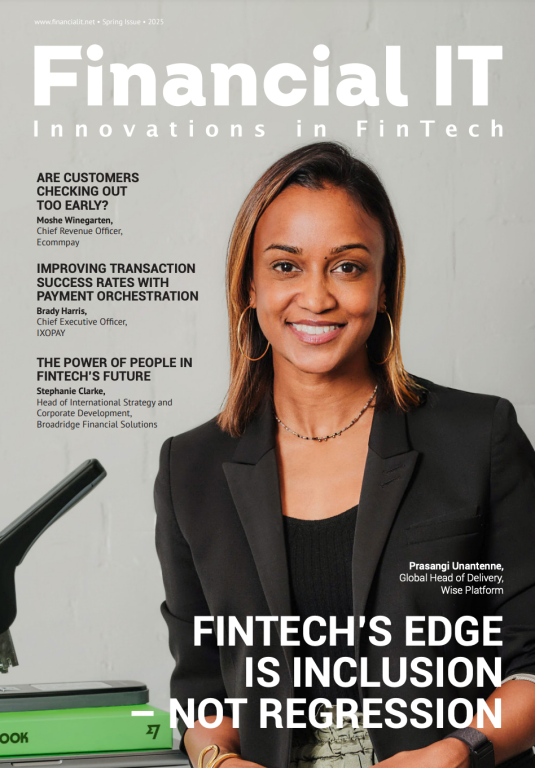All content with RSS
NatWest has today announced an additional £1 billion in funding to help support female-led businesses in the UK recover from the coronavirus. The aim is to ultimately help female entrepreneurs scale and grow, and builds on the £1bn announced last January, which was the largest intervention by a UK lender focused specifically on female-led businesses.
Temenos (SIX: TEMN), the banking software company, today announced its next-generation end-to-end corporate lending platform, designed to help banks digitally transform their entire corporate banking business to reduce cost and drive operational efficiencies, improve customer experiences, and create offers for customers that are tailored to individual corporate needs.
Frankfurt-based d-fine joins Avaloq’s global partner network to strengthen the leading digital banking solutions provider’s implementation capabilities.
Nutanix (NASDAQ: NTNX), a leader in private cloud, hybrid and multicloud computing has announced that Aberdeen based Robert Gordon University has deployed Nutanix Xi Frame to complement and extend its existing on-campus End User Computing (EUC) solution to support demanding researchers in Schools of Architecture and Engineering plus students on the Scottish Graduate Apprenticeship (GA)
first direct is the #1 company in the UK for delivering high quality customer service, according to The Institute of Customer Service.
Rob Furness of Fintech firm Ledgerflow says now is the time for lenders to explore the opportunities presented by open accounting if they want to work more effectively with their smaller business client base.
SBI Financial Services, the subsidiary of SBI Holdings (“SBI”), today announced the acquisition of B2C2, the trading counterparty of choice in the institutional crypto markets. The transaction follows SBI Financial Services’ agreement to take a minority stake in B2C2 in July this year.
2020 has threatened the financial industry's viability, causing setbacks to many businesses impacting their liquidity, credit, suspension of licenses or pushing them to bankruptcy. However, the pandemic is not solely to blame, as there were already many financial barriers existing for those businesses in the first place. The crisis merely revealed that many businesses did not have substantial financial backing from financial institutions and business lending programs.


















